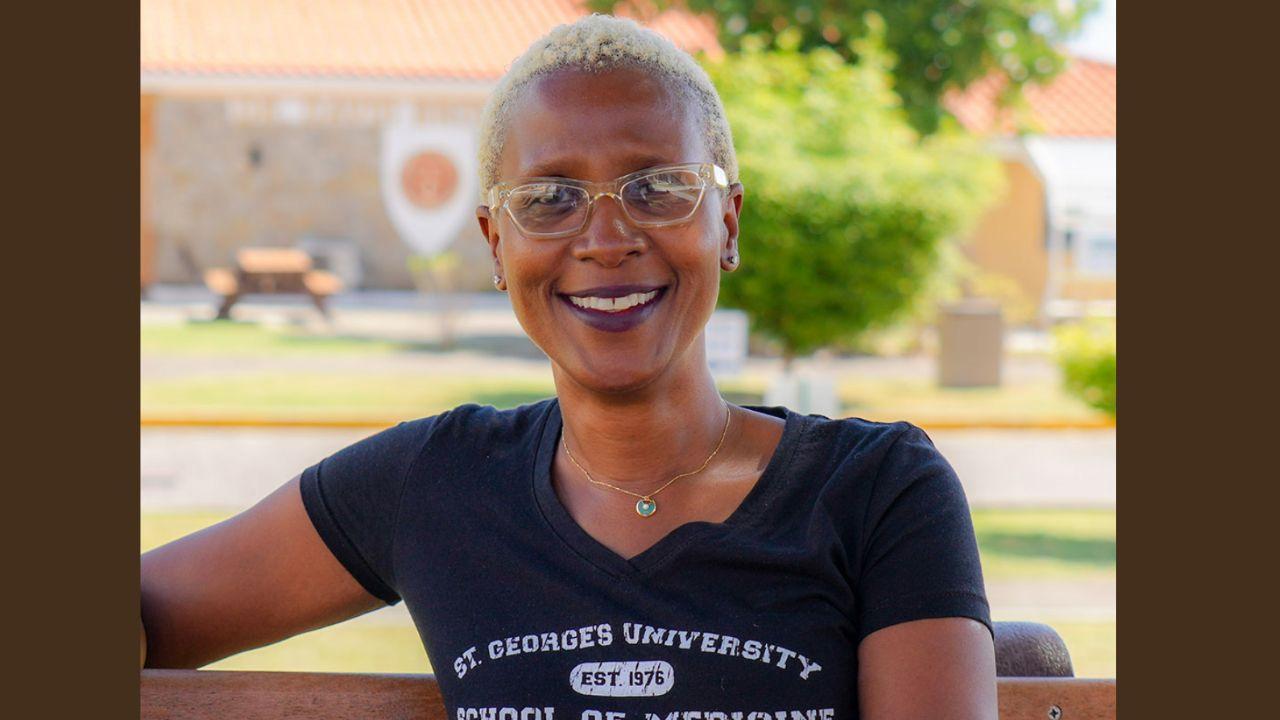Cultural competence has risen to the forefront in the conversation about the quality of healthcare. Many of the countries across MENA have a diverse population that brings people from different cultures together and with that comes a rapidly evolving range of healthcare needs, systems of beliefs, language barriers, and more.

Dr. Arlette Herry, Assistant Dean of Multicultural Affairs at St. George’s University (SGU) School of Medicine, Grenada
Cultural competence is a critical component of practising medicine because it ensures respect for the patient. But what does this look like in practice? Here is a breakdown of the importance of cultural competence in healthcare and how medical schools can equip future physicians to be effective practitioners for diverse and multicultural populations.
The true essence of cultural competence
ADVERTISEMENT
When one thinks about cultural competence in healthcare, there needs to be focus on the concept of cultural humility. This encapsulates an awareness that your patient is multidimensional—that they come with different identities, including their gender, ethnicity, religion, socioeconomic status, marital status, education level, and more.
The willingness to explore and understand how these identities impact care is paramount in addressing health inequities and providing quality healthcare. Embracing cultural humility means the physician is aware of their own biases, understands how those biases inform their provision of care, and demonstrates a willingness to learn from their patients.
The cultural background of both the patients and the providers define their healthcare experience. A person’s cultural affiliations can impact everything from where and how they seek care to how they describe symptoms and whether they follow care recommendations.
Therefore, a culturally competent healthcare system understands that a patient’s language and culture should never act as a barrier to receiving adequate care. Rather, these elements can be utilised as tools to improve outcomes.

The importance of cultural competence in healthcare
A doctor that is culturally competent and aware of the discrepancies between one culture and the other is able to cater to the unique needs of the patients, keeping in their mind any culture-specific sensitivities and expectations.
Understanding the patients’ background and values will help physicians communicate easily and build rapport with them. Failure to address cultural, language, or health literacy discrepancies can result in things like diagnostic errors, missed screenings, unexpected negative reactions to medication, and inadequate follow-up care.
Cultural competency and respect have become critical components to reducing these healthcare disparities, as they help improve access to quality healthcare that is responsive to the needs of a diverse patient population.
Becoming a culturally competent physician
Cultural competency is an extremely vital aspect of every medical school’s curriculum. But different institutions will take different approaches to equipping their students to be effective in a multicultural healthcare system.
Studying for a medical degree on an island like Grenada and going through clinical rotations in countries such as the UK or US present their own unique opportunities for students. Interacting with a population that has different beliefs and value systems offers an opportunity for aspiring physicians to grow personally and professionally. It is the kind of experience that students cannot grasp from a lecture or a textbook.
Practicing as a culturally competent physician
Things like cultural awareness and cultural sensitivity are important characteristics that all healthcare providers should display. Cultural competence emphasises the concept of effectively operating in different cultural contexts and altering practices to reach different cultural groups.
International quality education is one of the key fundamental ways that empowers doctors to become culturally competent. Being exposed to people from different walks of life equips physicians with soft skills that help them handle their patients with care and compassion.
Practising as a culturally competent physician simply means being able to see eye-to-eye with patients while meeting their values, beliefs, and even linguistic needs. That way, each patient receives a tailored treatment protocol that suits their background and needs.
SGU Boilerplate
Founded in 1976 with the goal of drawing the best talent and practices from around the world, St. George’s University (SGU) has become a centre for academic excellence worldwide. With students and faculty drawn from more than 150 countries, SGU is truly an international institution, with a global perspective, poised to help educate students in this rapidly changing world. St. George’s University School of Medicine has a four-year Doctor of Medicine degree program or offers five-, six-, and seven-year Medical Degree Pathways with entry points available for students from any education system around the world. SGU has a large network of 75+ affiliated hospitals and health centres in the US and UK and also has a unique opportunity for students to begin their medical career in Grenada, the United Kingdom, or India.
 Subscribe today by clicking the link and stay updated with the latest news!" Click here!
Subscribe today by clicking the link and stay updated with the latest news!" Click here!








